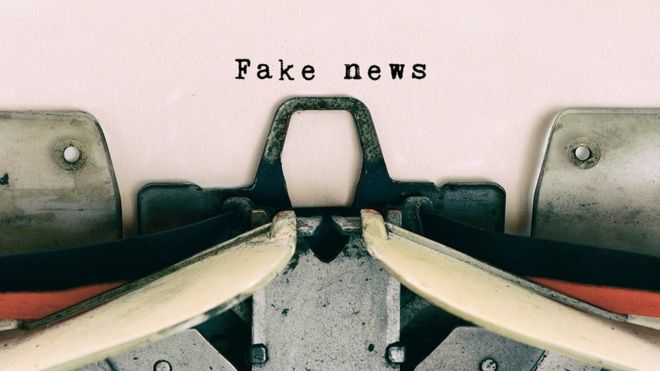Tags
Facebook and Society., Fake News., Future Society., Power of Social Media, Social Media, Social networking, Twitter
( A seven minute non fake read)
The idea of “fake news” came to prominence during the 2016 US Election.
However fake news can be traced far back as the 1930s. Actually, the world has suffered from it since gossip has ever existed.
The problem is gossip has being turned by technology ( Social Media/Smart Phones) into written pieces and recorded segments promoting false information or perpetuating conspiracy theories.
Little is known, however, about the dynamics of the life cycle of a social media rumor. Users appear to be less capable of distinguishing true from false rumors when their veracity remains in question. Citizens are frequently misinformed about political issues and candidates but the circumstances under which inaccurate beliefs emerge are not fully understood.
Social media makes it very difficult to correct misinformation. Facts mingle with half-truths as we have all seen resulted in England seeking to leave the European Union to the dethronement of its economy, its political power, its self image.
One could argue that the majority has been tipped towards the Leave camp by exaggerated promises made by the Leave campaign, for example on redirecting money to the National Health Service that so far flows into EU budgets.
Is this a purposeful use of fake news?
Whether it did or did not is not the point.
In today’s world, online social media plays a vital role during real world events, especially crisis events.
Why? Because we share knowingly or unknowingly, with friends and others unverifiable information.
However at this point, claims that fake news is a serious threat to democracy are highly speculative and exaggerated, and claims that extremely invasive political measures are necessary to protect democracy are not supported by empirical evidence.
It is also doubtful whether restrictions of free speech enacted as government-sanctioned deletion of fake news will actually be an effective remedy for biases in individual political decision-making.
On the other hand should we be demanding Digital trust in a platform’s ability to protect and promote the interests of its users.
I would say, Yes we should be.
Algorithms are becoming more and more powerful at persuasion, creating hyperbolic articles around a major political events:
The Oxford English Dictionary defines “post-truth” as “relating to or denoting circumstances in which objective facts are less influential in shaping public opinion than appeals to emotion and personal belief.”
Algorithms are shaping the world of Technology, changing the ways news information is being accessed, and in doing so creating new attitudes about what it means to be informed.
Resulting in Social Media pandering to youth preference for opinionated rather than objective news.
70% of Facebook users read only the headline of science stories before commenting.
So the question remains: are medias best equipped to debunk false news?
I don’t think so. “Fake news” is a term that can mean different things, depending on the context.
It can be used by authorities for effective disaster management or by malicious entities to spread rumors and fake news.
There are both positive and negative effects of social media coverage of events. For me it is the fake imagery that has the potential to do the most damage.
Because the imagery becomes the substance while fake news causes confusion about current issues and events.
For instance Catalonia fake images are fostering turning a political situation into something much more serious creating feelings of inefficacy, alienation, and cynicism.
We play around with our new internet toy with no thought of the consequences.
Our brains should be the decisive tool to fight fake news and hoaxes. That tool need to be trained, optimized through promotion of critical thinking as early as primary school.
The main problem resulting from fake news will not be persuasion, but confirmation.
Individuals may demand fake news in order to confirm settled beliefs that they already hold.
Predicting that social media will pose a threat to the functioning of democracy by allowing the creation of tight filter bubbles, and thus the self selected segregation of citizens into distinct groups that find it difficult to identify common ground.
Open debate, and persuasion in a positive sense – in the sense that individuals concede to better arguments – would then be threatened.
Think before you share. Analyse before you speak.
Fabricated stories are not likely to go away as they have become a means for some writers to make money and potentially influence public opinion.
The term has now been co-opted by politicians and commentators to mean anything they disagree with – making the term essentially meaningless and more of a stick to beat the mainstream press with than a phenomenon in itself.
Donald Trump’s has been calling out major media outlets several times a week for being ‘FAKE NEWS’ via his Twitter feed.
Perhaps all communication platforms should labeling suspicious stories as such.
All human comments appreciated, all like clicks chucked in the bin.
social media giant is under increasing pressure to tackle the problem
